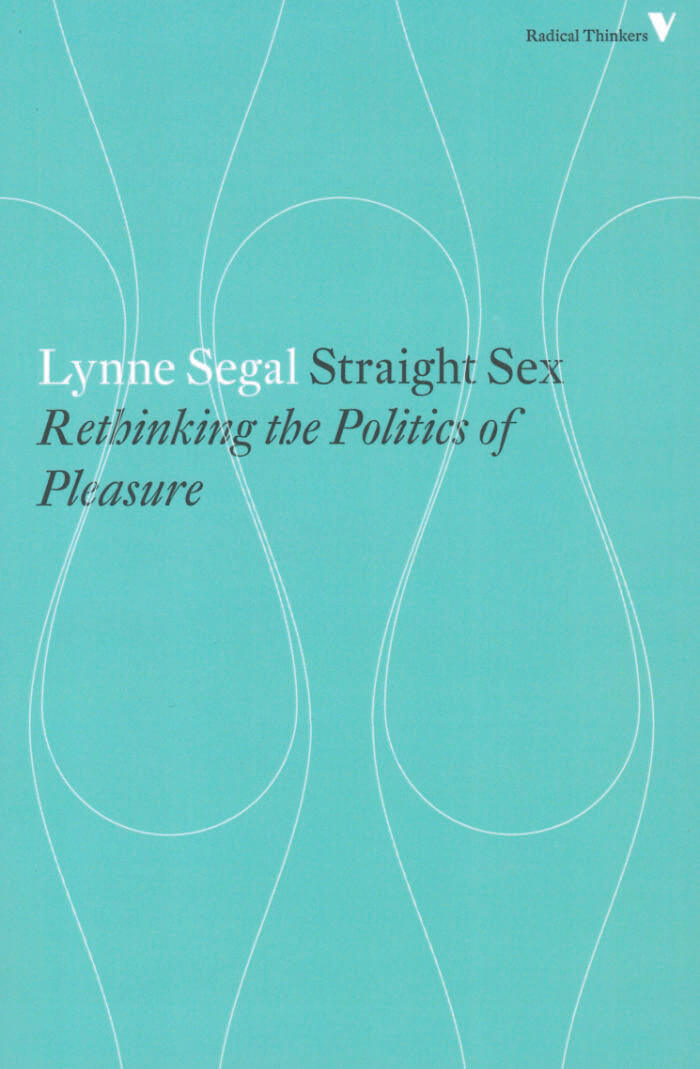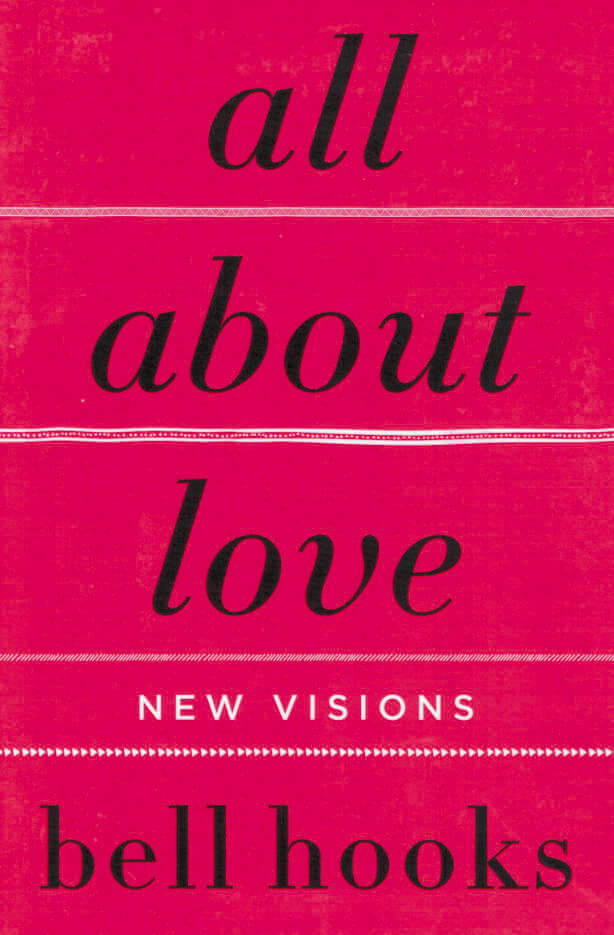
Straight Sex: Rethinking the Politics of Pleasure
A manifesto of sexual liberation, from the leading feminist thinker.
Is heterosexual sex inherently damaging to women? This is the central question of Straight Sex, Lynne Segal’s account of twenty-five years of feminist thinking on sexuality. Covering the thought of sixties-era sexual liberationists, alongside the ensuing passionate debates over sex and love within feminist and lesbian communities, Segal covers certain shifts toward greater sexual conservatism in the eighties. Straight Sex examines an array of issues, including sex as a subversive activity, the “liberated orgasm,” sex advice literature, gender uncertainties, queer politics, anti-pornography campaigns and the rise of the moral right.
Language: English







